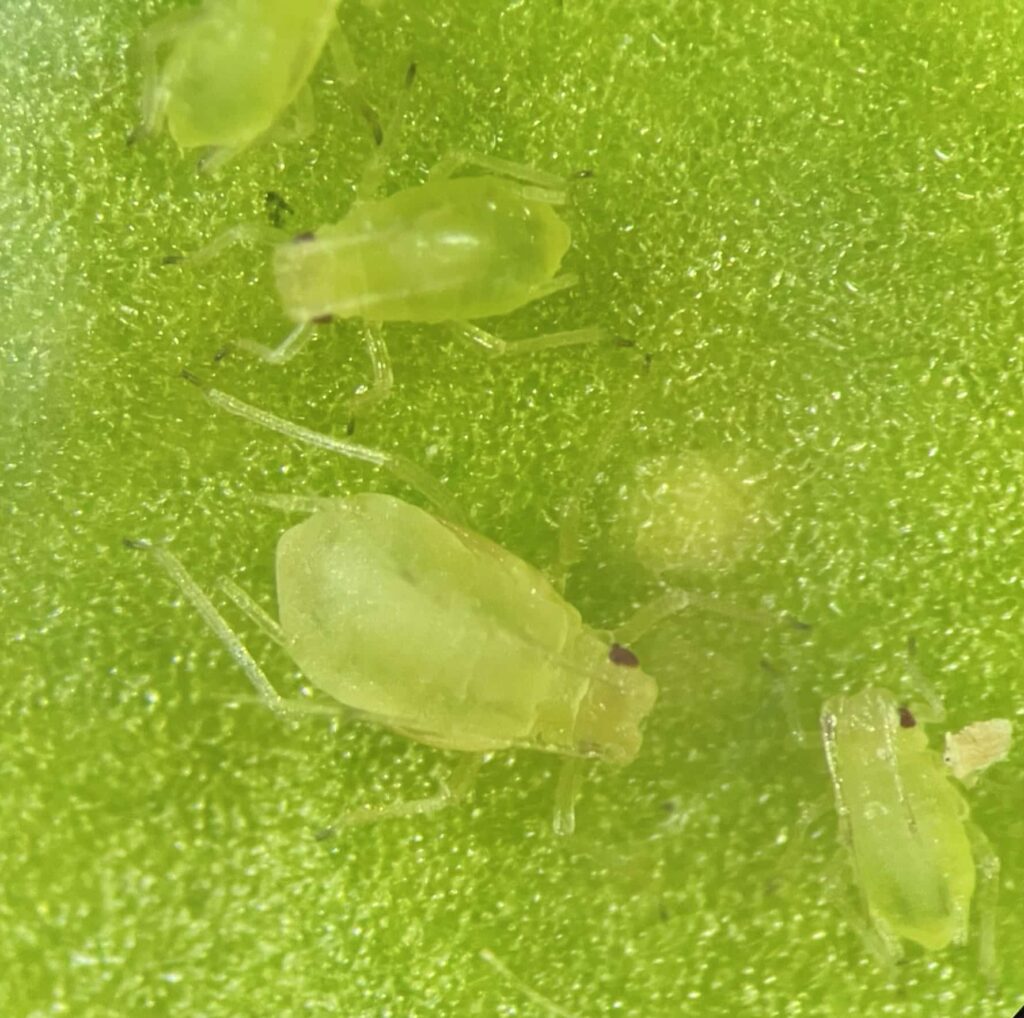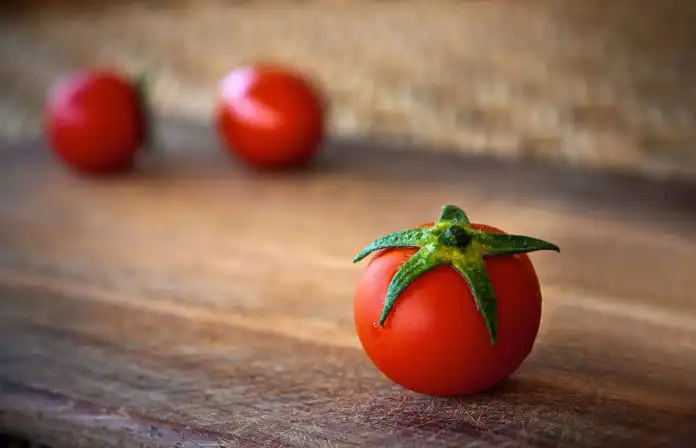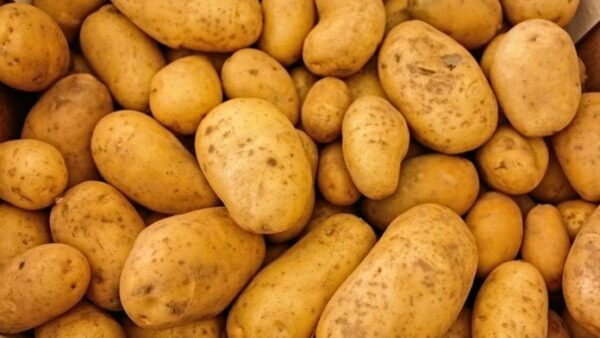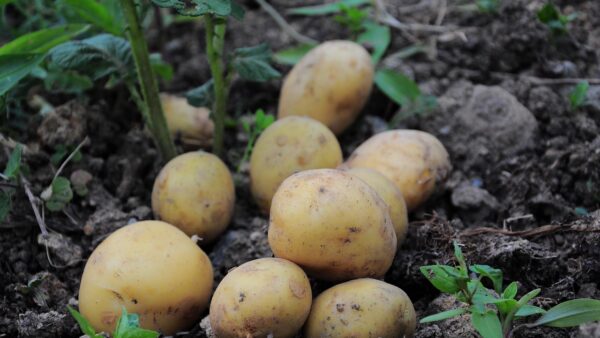Until 2020, virus yellows were an almost forgotten threat for sugar beet growers. That is not the case anymore for this decimating disease. Due to the ban of neonicotinoids within the EU in 2018, virus yellows have again become a major issue in European sugar beet production and in some areas the crop losses were year 2020 up to up to 70 per cent. For years, chemical products have efficiently protected our crops, but in future we will depend more on advanced plant breeding to find sustainable solutions that controls plant diseases and protect crop yields. This article walks the talk and proves why plant breeding is of vital importance to secure our food production.
Virus yellows can be caused by a complex of aphid transmitted viruses such as beet mild yellowing virus (BMYV), beet chlorosis virus (BChV) and beet yellows virus (BYV). The green peach aphid (Myzus persicae) is the main vector.
For many years beet lines have been evaluated for tolerance/resistance and during the past 6-7 years the breeding has been intensified. At DLF Beet Seed, a high number of elite lines, sources from gene banks, own wild beet collections, test hybrids and hybrids are now continuously under evaluation in greenhouse, semi field and field trials for tolerance/resistance to the distinct types of viruses.
Surveys in e.g., France have shown that the disease can be caused by mix infections of the viruses and that the combinations can change from year to year. It is important for plant breeders to evaluate new breeding lines and hybrids for resistance/tolerance to not only single infections but also mix infections of the different aphid transmitted sugar beet viruses.
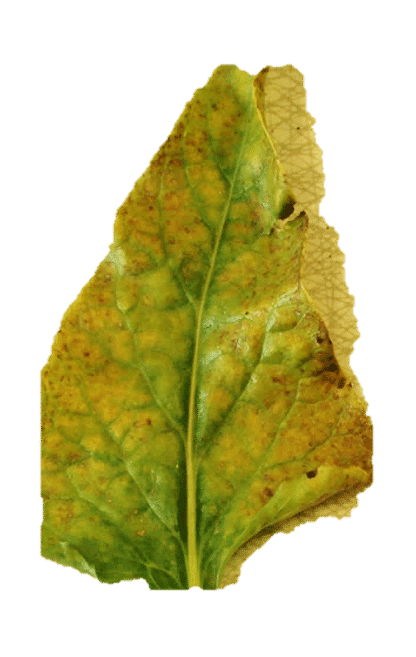
DLF Beet Seed has succeeded to develop hybrids with partial resistance to virus yellows, and they are described as resistant to BMYV and tolerant to BYV and BChV. The first hybrid has been registered on the EUlist and is available for growers already in 2023 under the variety name SONIC VYtech®. In the pipeline for 2024 is a range of VYtech® varieties, that will be launched with slightly different profiles to suit different markets.
The VYtech® varieties will protect the crop and secure the crop yield in case of a viral infection, but during the first years on the market the yield is expected to be slightly lower than non-resistance varieties in the areas without infection. DLF Beet Seed expects that the yield in the VYtech® varieties will compete with non-resistant varieties by 2025.
This breakthrough in plant breeding will support efficient and sustainable sugar production for the future.


